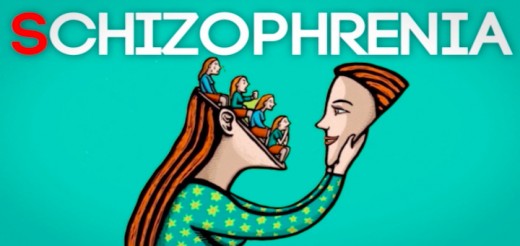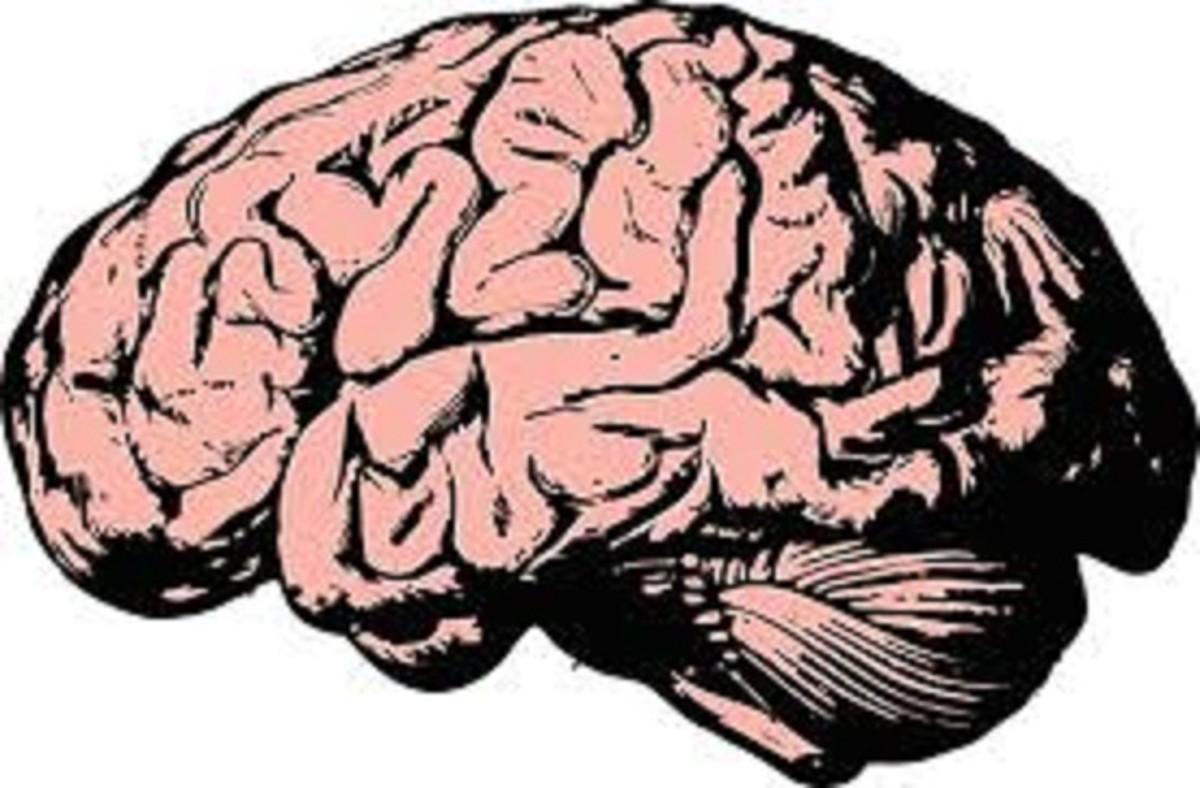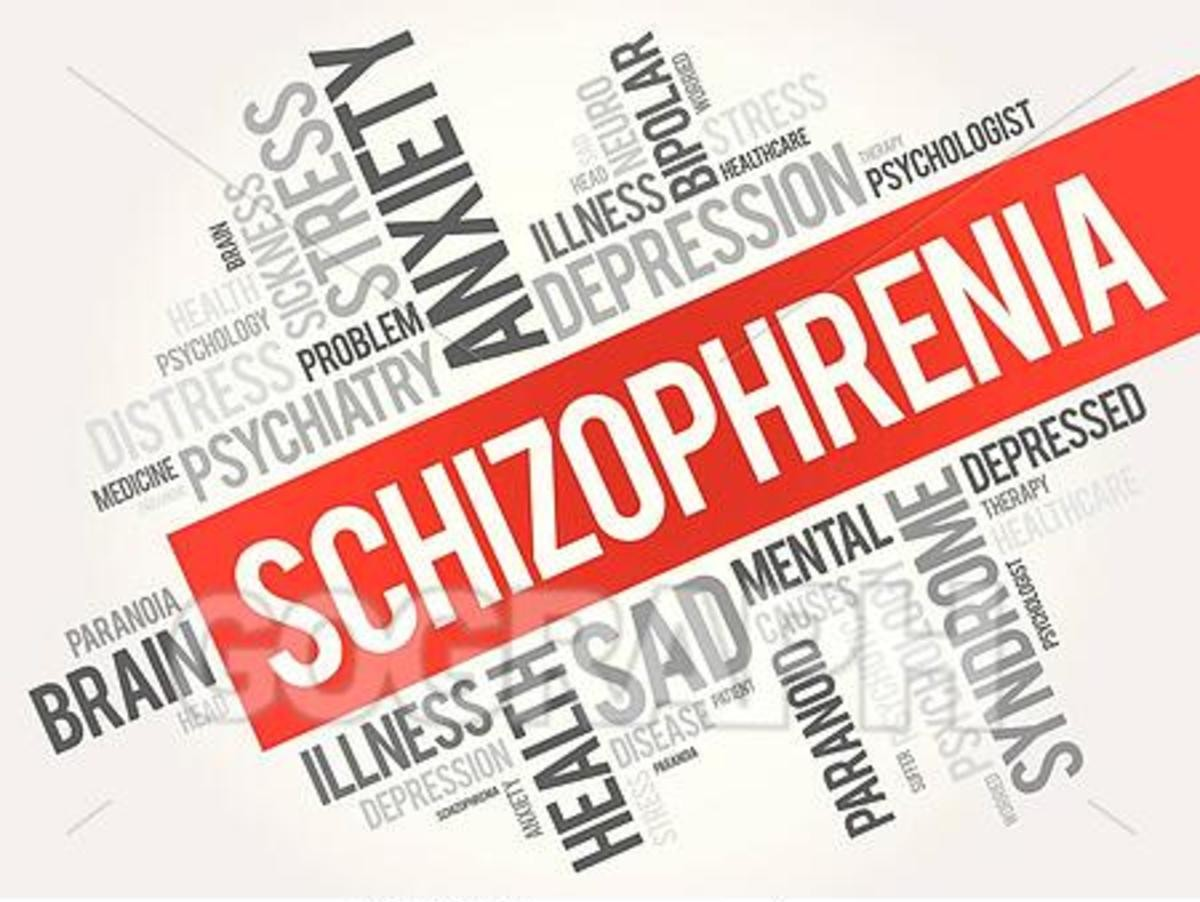Reefer Madness, Does Marijuana Use Increase The Chance of Developing Schizophrenia?
Reefer Madness Was an Anti-Marijuana Movie That Was Comical In Its Portrayal of Marijuana Smokers

“Reefer Madness” was an anti-marijuana film produced by a religious organization in the 1930s to share their view that marijuana is a dangerous drug that could lead users to engage in immoral acts and become crazy criminals. Ironically, the film became a cult classic in the 1980s as video cassette recorders (VCRs) made it available to wide audiences, many of whom had experimented with marijuana and thought the use of the controlled substance was no big deal. The film was so over-the-top with its depiction of marijuana smokers as wild-eyed lunatics and so out of line with people's perception of mellow pot smokers that it was considered comical entertainment for its alarmist view of what happens to people when they smoke marijuana.
Fast forward to today, marijuana is now legal across Canada for medical and recreation uses and is legal in about three-quarters of the United States for medical uses, as well as legal for recreational uses in a handful of states. Other countries have also started to change their laws to make marijuana legal to some degree or another.
Is There a Link Between Marijuana Use and the Development of Schizophrenia?
The moral arguments against legalizing marijuana have lost a lot of credibility over time since a reasonable argument can be made that alcohol is a more damaging substance to both individual users and society as a whole than marijuana. With this understanding, there have been legitimate questions raised about the personal and societal costs of enforcing anti-marijuana laws and keeping people in prison for violating them. This realization among younger generations has tipped the scales of public opinion towards the legalization of marijuana. Lawmakers are acting on this shift of opinion by legalizing its use in many jurisdictions.
Those opposed to the legalization of marijuana have fallen back to other arguments, such as potential health consequences, of which there are several. One serious health concern that has been raised is whether the use of marijuana increases the chance of a person developing the highly debilitating psychiatric condition known as schizophrenia, which can include psychotic episodes in which a person loses touch with reality. In other words, anti-marijuana forces are resurrecting the old “Reefer Madness” angle that using marijuana can lead to madness. It turns out that the creators of the much-maligned film “Reefer Madness” may have been onto something after all.
Consumption of marijuana by preteens and teenagers that have a hereditary predisposition to developing schizophrenia can affect their brain development in ways that can increase the chance of developing schizophrenia and psychosis as they mature into adults. These findings are based on medical research that has found a correlation between marijuana use and an increased risk of developing schizophrenia several years after initiating the use of the drug in people that have certain genetic traits that they inherit from their parents.
Per the scientific literature, marijuana use as a teenager or young adult doubles the chance of developing schizophrenia in people predisposed to developing the brain disease based on their genetic makeup. People who have a predisposition to developing schizophrenia and do not use marijuana have a 1 in 14 chance of developing the brain disease as teenagers or young adults, whereas studies have found that those with a predisposition who started using marijuana as preteens or teenagers have a 1 in 7 chance of developing schizophrenia. Studies have also found marijuana consumption speeds up the onset of schizophrenia by several years and can make the symptoms of the debilitating psychiatric disorder worse if one is already suffering from it.
A study regarding the connection between marijuana use by young people and the development of schizophrenia was conducted by Professor Hannelore Ehrenreich, MD of the Max Planck Institute. The findings were released in October 2017 at the World Psychiatric Association’s World Congress and later detailed in a paper published in Scientific American. She studied 1,200 people that had schizophrenia. The study found that schizophrenia developed significantly earlier in persons who used marijuana before the age of 18 versus those that did not. It also found that the onset age of schizophrenic symptoms occurred earlier in persons who used more marijuana as teenagers than others in the study.
It should be noted that medical studies so far have found that people without a hereditary predisposition to developing schizophrenia do not have an increased risk of developing the mental disorder due to marijuana use during younger years. However, medical research regarding a possible increase in the development of schizophrenia in people who previously consumed marijuana is rather limited because of prior bans on medical and scientific research into marijuana that have only recently been lifted in some countries. Additional studies regarding the connection between marijuana consumption and the development of mental disorders have ramped-up in recent years. The United States National Institutes of Health began a study in 2016 called the “Adolescent Brain Cognitive Development Study” (ABCD Study) that tracks children’s cigarette, alcohol, and drug use, along with many other variables starting at ages nine or ten until they become young adults. Every six to twelve months, the study subjects undergo cognitive testing and brain imaging to assess their cognitive and brain development over time. This study may provide additional useful data regarding the connection between marijuana use by preteens and teens and the development of schizophrenia later in life, as well as insight regarding other mental health disorders.
People who have a predisposition to developing schizophrenia double their chance of developing schizophrenia if they use marijuana before their brain is fully developed.
How Marijuana Use Increases a Predisposed Person's Chance of Developing Schizophrenia
Schizophrenia is a mental disorder that only affects roughly one percent of the population. It is caused by a variety of factors, including a person’s genetic makeup, environmental impacts during development in the womb, childhood trauma, and the environment in which a person grows up in (what their brain is exposed to). These factors can affect the way the human brain develops during a person's teen years through their early adult years. During this time, the brain removes redundant synapses (connections within the brain) that grew during their childhood and pre-adolescent years. People who suffer from schizophrenia undergo excessive pruning of synapses in the area of the brain in which planning and thinking occur, known as the prefrontal cortex. This area is affected greatly when a person is intoxicated by marijuana.
Marijuana consumption is an environmental factor that has been found to increase the chance of developing schizophrenia in those with a genetic predisposition to developing the brain disease. The current theory is that tetrahydrocannabinol (THC) in marijuana interferes with the natural pruning process in genetically predisposed user’s brains, causing excessive synapse pruning to occur where it would not have absent the THC, which increases the chance of schizophrenia developing in the future. Research by the Broad Institute of M.I.T. and Harvard University released in 2016 found that people with schizophrenia in many cases share a gene variant that accelerates the synapse pruning process.
Schizophrenia Can Include Delusions and Disorganized Thinking

What Medical Experts Recommend Regarding Marijuana Use By Those Predisposed To Developing Schizophrenia
Medical experts strongly recommend anyone with a family history of schizophrenia to refrain from using marijuana, at least until they have reached their mid-30s, which is past the age that development of the psychiatric disorder typically occurs. Just as heavy alcohol use is harmful to the development of the human brain, marijuana should be regarded with the same caution. Of particular concern is the fact that THC concentrations in marijuana that is produced today are far greater than in the past, going from an average of 1% to 4% THC in the 1970s to as high as 25% today. Can more potent THC levels increase the chance of developing schizophrenia due to THC interfering with the brain’s development? It will take a new generation of medical studies to determine if this concern is valid; however, common sense seems to dictate that the higher THC concentrations will cause a greater effect on a developing human brain.
CBD From Marijuana and Hemp Treats Psychosis Caused By Schizophrenia
Ironically, a compound called cannabidiol (CBD) that is found in marijuana and its non-intoxicating cousin hemp may actually be helpful in treating psychosis in people who suffer from schizophrenia. Studies have found that schizophrenia sufferers that ingested CBD oil experienced improvement in their psychotic symptoms with fewer negative side-effects than currently used legal drugs that treat psychosis. It appears that CBD blocks a receptor in the brain that causes psychosis.
CBD Oil From Marijuana and Hemp Treats Psychosis Caused By Schizophrenia

Nicotine From Cigarettes Has Also Been Implicated as a Risk Factor For The Development of Schizophrenia
It appears that THC from marijuana is not the only commonly used drug that can increase the chance of schizophrenia developing in a person with a hereditary disposition to the brain disease. Cigarettes, which contain the mild drug nicotine, have also been implicated as an environmental factor that can increase the chance of developing schizophrenia in persons that are genetically predisposed.
In 2015, a team of researchers from Virginia Commonwealth University released a study that analyzed data concerning the medical history of approximately two million people living in Sweden. They found that smoking cigarettes as a young person had a correlation to the development of schizophrenia later in life. They also found that the more that young people smoked, the greater the chance they had of developing schizophrenia when they grew older.
The takeaway... Be careful what you consume when you are young, as it may cause medical consequences as you grow older.
Marijuana Legalization Poll
Do You Think Marijuana Should Be Legalized?
My Experience with Marijuana and Schizophrenia
This content is accurate and true to the best of the author’s knowledge and does not substitute for diagnosis, prognosis, treatment, prescription, and/or dietary advice from a licensed health professional. Drugs, supplements, and natural remedies may have dangerous side effects. If pregnant or nursing, consult with a qualified provider on an individual basis. Seek immediate help if you are experiencing a medical emergency.
© 2019 John Coviello








